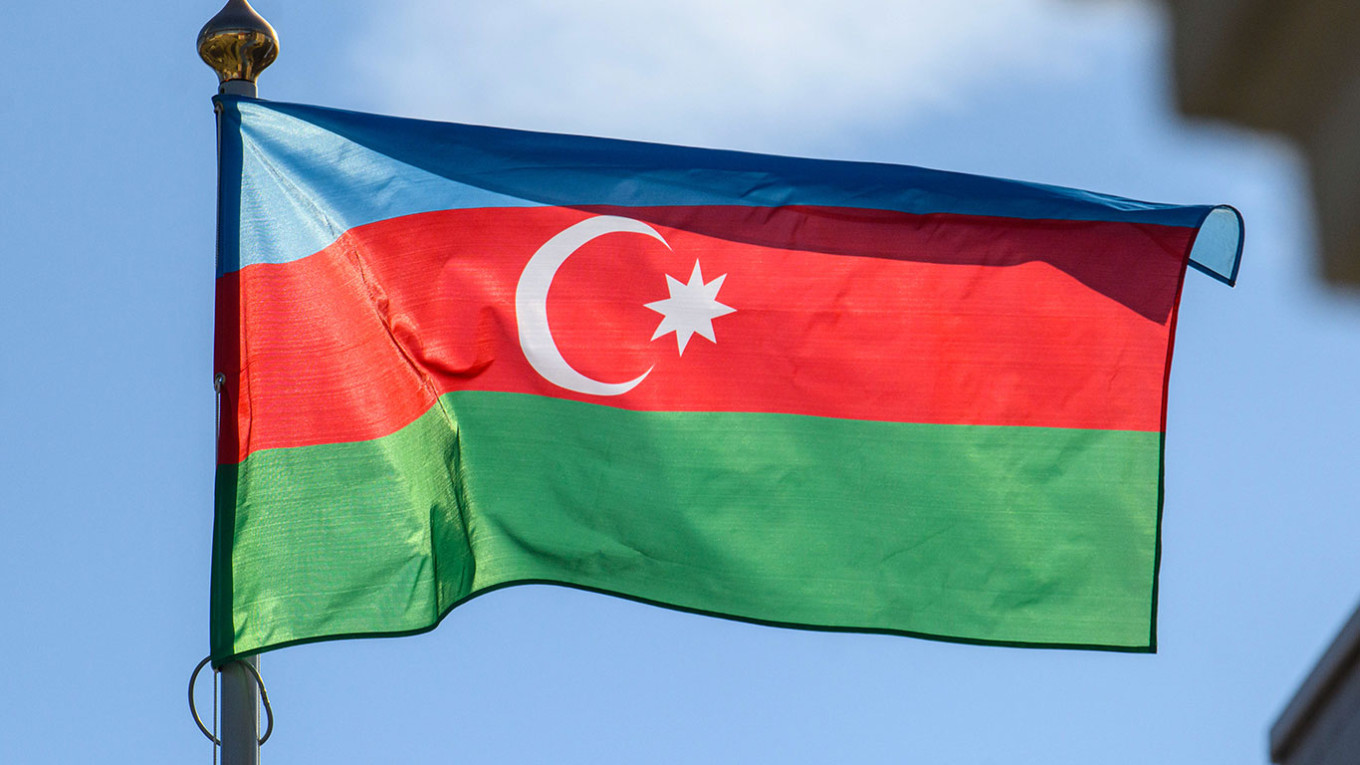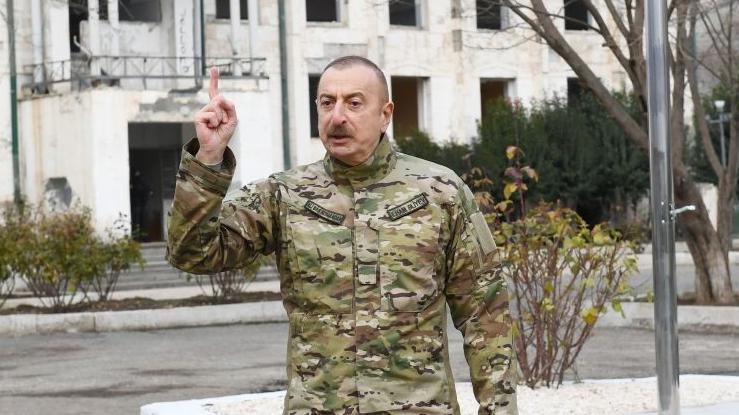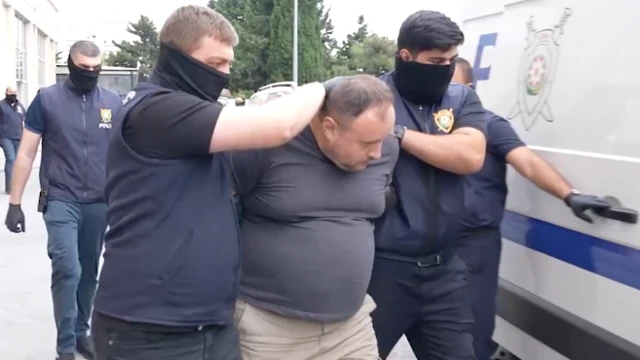Diplomatic tensions between Azerbaijan Russia tensions have sharply escalated following the deaths of two Azerbaijani brothers in Russian custody. Officials in Baku allege that the brothers, Ziyaddin and Guseyn Safarov, were severely beaten in detention, resulting in their deaths, a claim supported by post-mortem results conducted in Azerbaijan.

This incident is the latest in a string of diplomatic confrontations between the two former Soviet states. Azerbaijan has accused Russian police in Yekaterinburg of torture and launched a criminal case against them. Russian authorities claim one brother died of a heart attack while the cause of the second death remains unconfirmed.
Mounting Frustrations and Diplomatic Fallout
In response, Baku has cancelled a planned visit by Russian Deputy PM Alexei Overchuk and suspended all public events involving Russian artists. The arrests of two employees from Sputnik News’ Baku bureau, accused of FSB affiliations, further underline the growing hostility Azerbaijan Russia tensions.
The tension is not new. In December 2024, a Russian missile accidentally shot down an Azerbaijani Airlines plane, killing 38 people. Although President Putin issued an apology, President Ilham Aliyev demanded a full admission of responsibility and a thorough investigation—demands that remain unmet.
Espionage Allegations and Media Raids
Earlier this week, Azerbaijani police detained Sputnik employees Igor Kartavykh and Yevgeny Belousov, accusing them of being linked to Russia’s Federal Security Service (FSB). Russia denies the allegations, calling the arrests unjustified. This move comes amid growing concern in Baku about foreign espionage operations under the guise of cultural or journalistic missions Azerbaijan Russia tensions.

Historical Strains and Shifting Alliances
Despite once warm ties between Aliyev and Putin, Azerbaijan has increasingly charted an independent path. Since the Soviet Union’s fall in 1991, Azerbaijan has prioritized Western partnerships, particularly in the oil and gas sectors. Moscow’s support for Armenia during the First Nagorno-Karabakh War sowed early seeds of mistrust.
In the 2020 Nagorno-Karabakh conflict, Russia notably stood aside as Azerbaijan secured a decisive victory. The result empowered Baku to assert regional leadership, both economically and militarily, changing the power balance in the South Caucasus.
Russia’s Diminishing Influence Post-Ukraine
Russia’s invasion of Ukraine in 2022 has further eroded its regional influence. While Moscow and Baku signed a mutual cooperation declaration, Azerbaijan has maintained a neutral stance. It has sent humanitarian aid to Ukraine and described Russian-occupied areas as “occupied territories.”

According to Zaur Shiriyev of the Carnegie Russia Eurasia Center, Azerbaijan is pushing back against Russian hegemony. “They are challenging Moscow’s dominance in the South Caucasus—particularly with concerns over renewed Russian influence in neighboring Georgia and Armenia,” he said.
Conclusion: A Changing Geopolitical Landscape
The deaths of the Safarov brothers and the subsequent diplomatic escalation mark a turning point in Azerbaijan-Russia relations. President Aliyev’s assertiveness signals that Baku is no longer willing to accept Moscow’s actions passively, especially when national sovereignty and citizen safety are involved.
As the geopolitical balance in the South Caucasus continues to shift, this unfolding crisis underscores the complex web of loyalty, history, and power that defines the region.
Explore more Eurasian political developments









